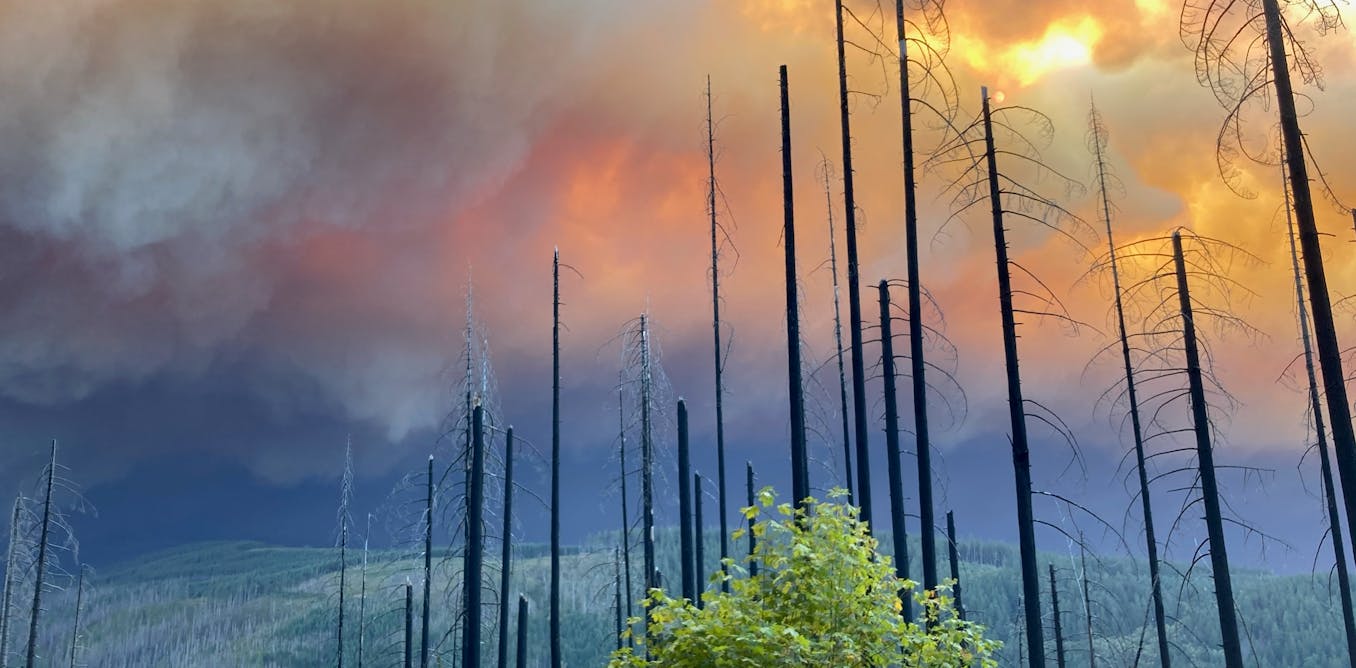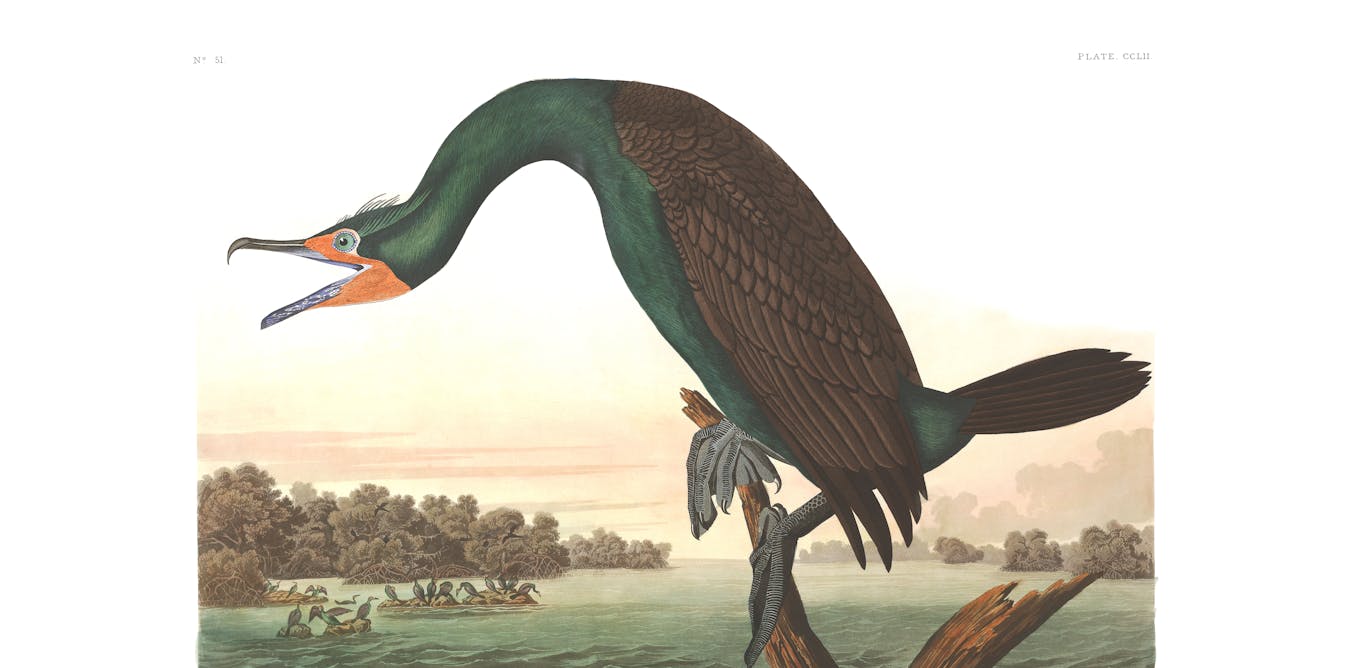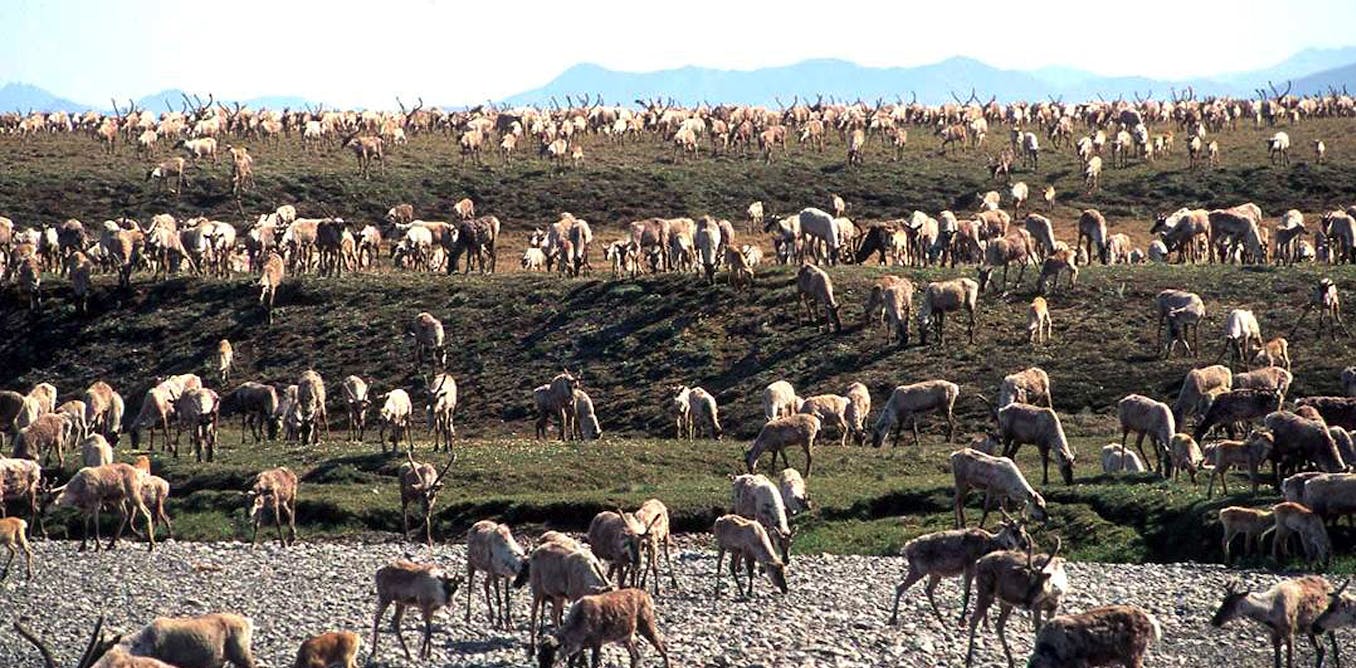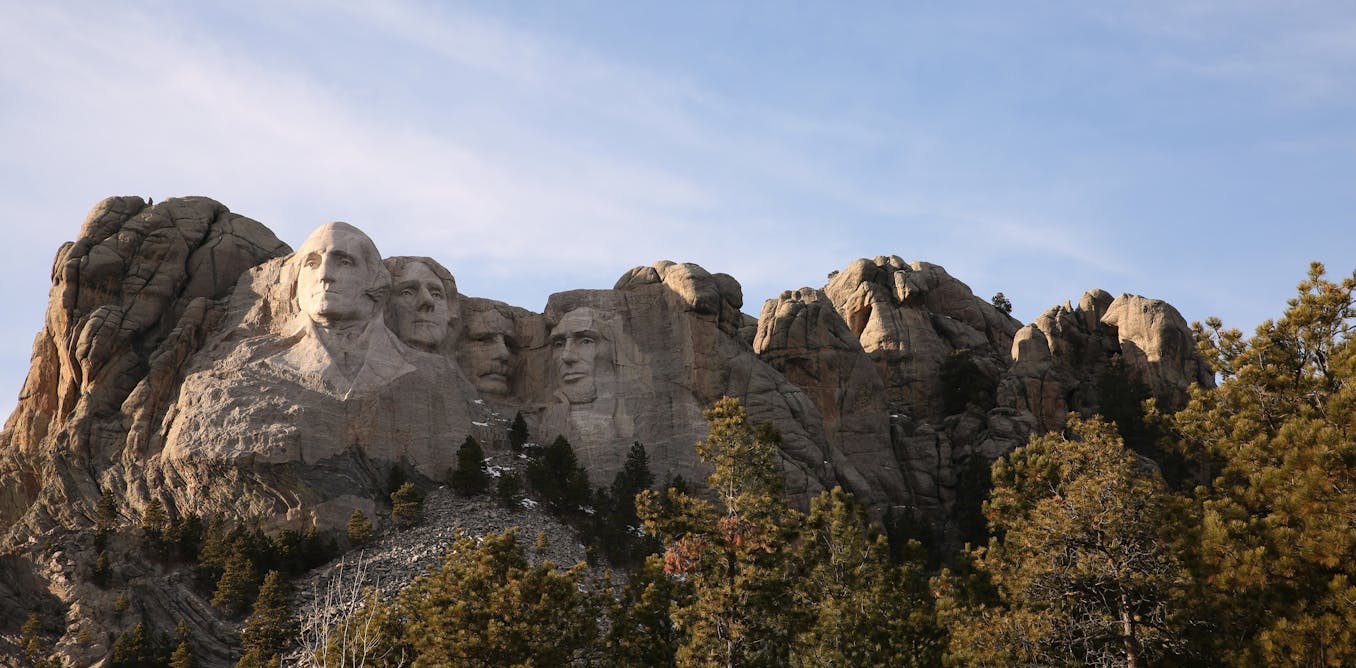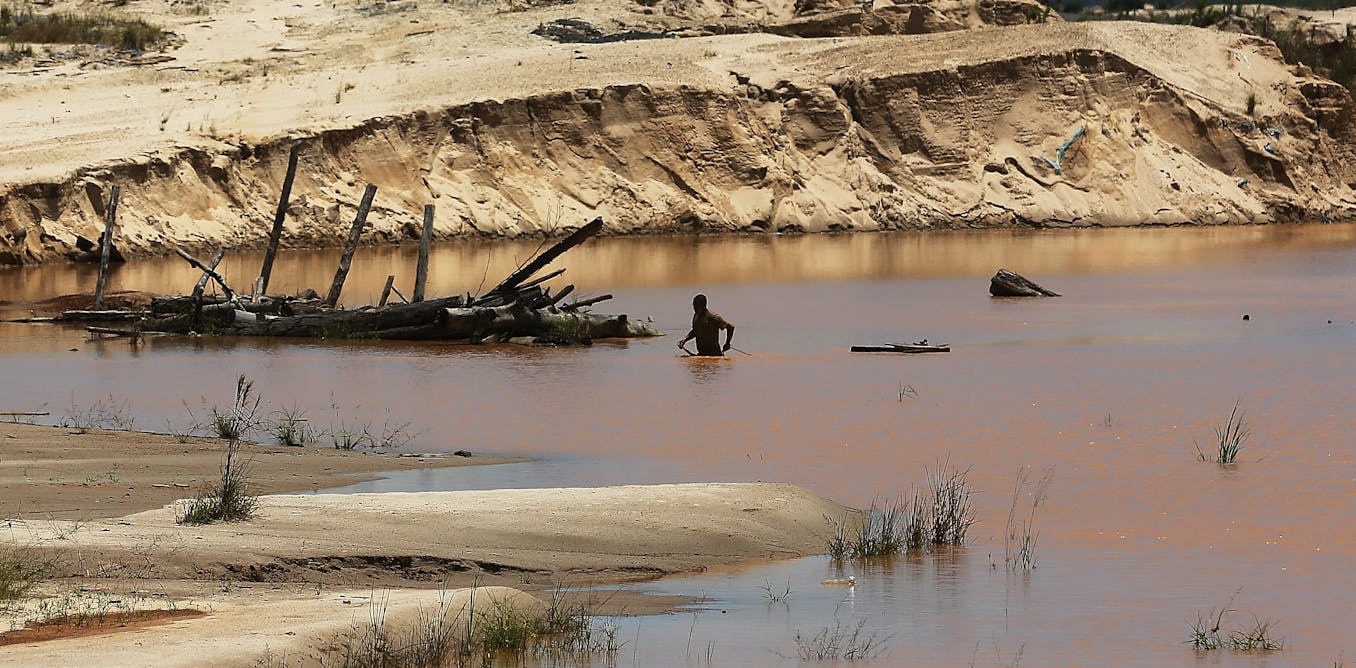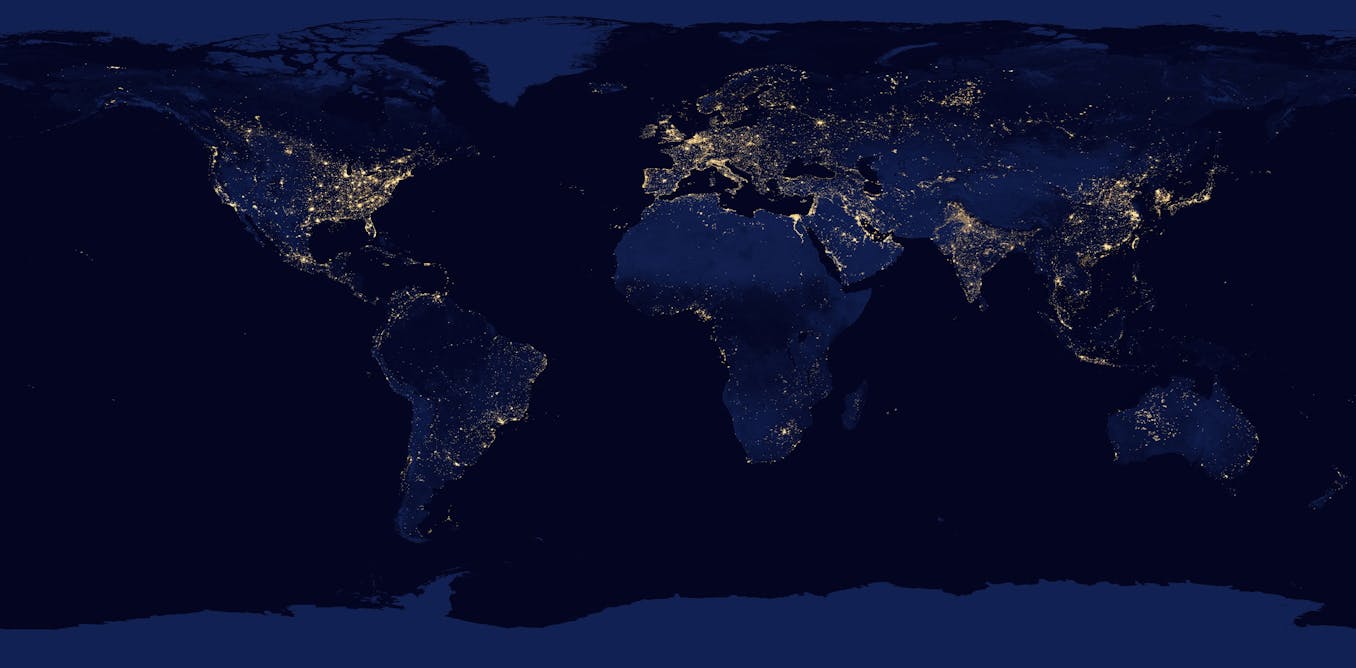Returning the 'three sisters' – corn, beans and squash – to Native American farms nourishes people, land and cultures
For centuries Native Americans intercropped corn, beans and squash because the plants thrived together. A new initiative is measuring health and social benefits from reuniting the "three sisters."
Nov. 20, 2020 • ~9 min


